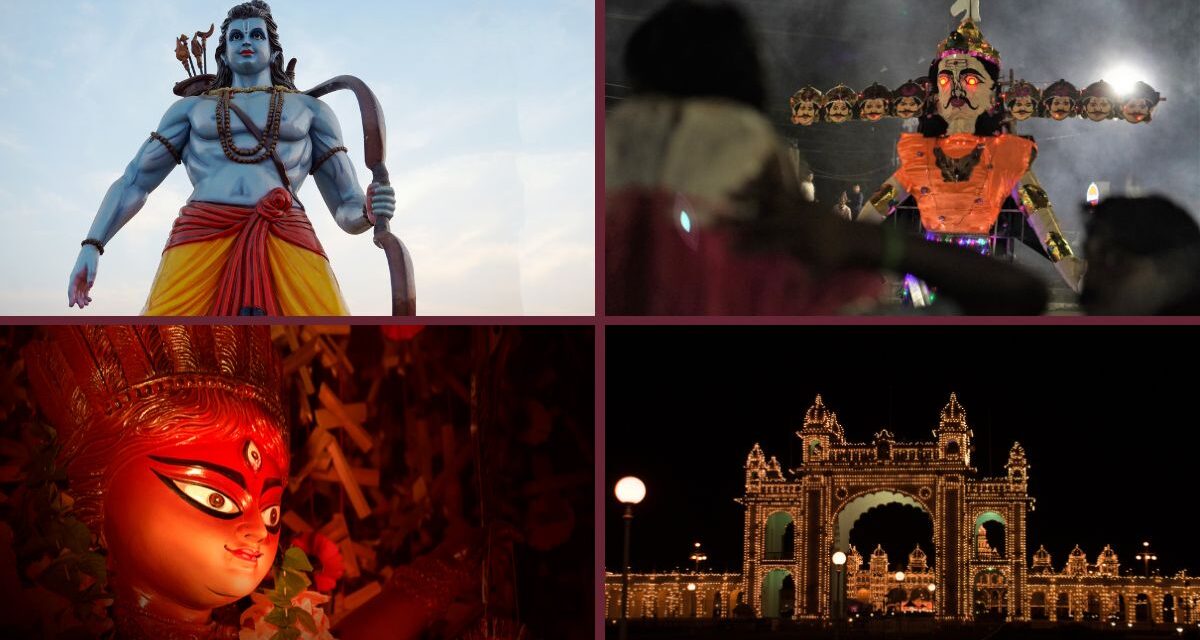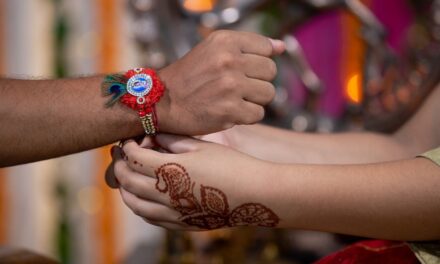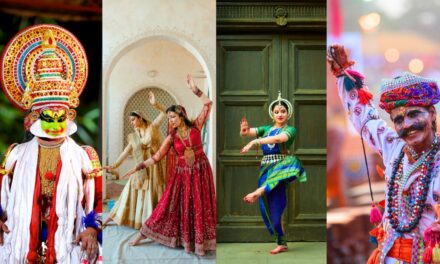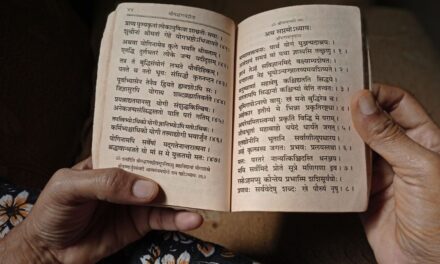Introduction and Significance of Dussehra
Dussehra, also known as Vijayadashami is one of the most important Hindu festivals celebrated in India.
It has a dual significance in Indian culture.
Firstly, it marks the triumph of Lord Ram over the demon king Ravana.
In addition, Dussehra is also celebrated to commemorate victory of Goddess Maa Durga over the demon Mahishasura.
In both cases, it is a case of triumph of good over evil.
Dussehra also coincides with the last day of two extremely important festivals in India i.e. Navratri and Durga Puja.
Dussehra falls on the 10th and final day of Navratri and Durga Puja.
The entire 10 days are one of the most festive times in India with specific prayer rituals, dance, celebrations and ceremonies.
On Dussehra day, apart from prayers and offerings to Lord Ram and all forms of Goddess Durga, there are other observances as well.
Many communities burn effigies of the ten-headed demon king Ravana. These effigies can be several stories high at some places.
The burning of Ravana’s effigies is preceded by enactment of Ramlila – The tale of Ramayana.
The idols of Goddess Durga are also immersed in water to signify her journey back to the divine realm.
Dussehra brings significant joy into the lives of those celebrating the festival.
What does Dussehra mean?
In simple terms, Dussehra means victory of good over evil.
It is a combination of two words from Sanskrit. Dus means ten and hara means defeat.
Do note there is a deeper connotation of the word Dussehra and what it means for Hindu faith.
When is Dussehra celebrated?
Dussehra is celebrated on the tenth day of the month of Ashvina, as per the Hindu calendar.
Ashvina is the seventh month as per the Hindu lunar calendar.
It also corresponds to the tenth day of the Durga Puja as well as Navratri festival.
Typically, Dussehra falls in the month of October as per the English calendar.
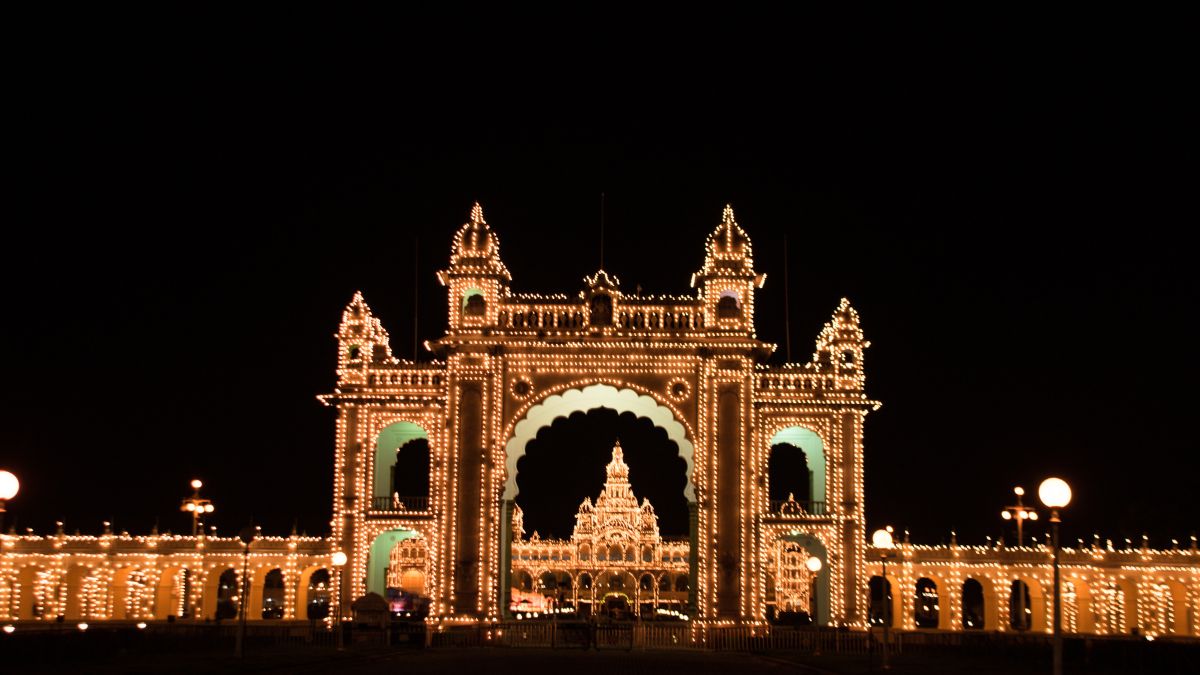
History, Origins and Legends of Dussehra
While Dussehra has been celebrated since centuries in India, its main origins are derived from the Hindu epic, Ramayana.
As per Ramayana, which forms the essence of Indian Hindu mythology, Dussehra is celebrated to mark the occasion of Lord Rama killing the ten-headed demon king Ravana.
It is one of the greatest triumphs of good over evil. Lord Rama is said to be the eighth avatar of Lord Vishnu, one of the main deities of Hinduism.
Dussehra also falls on the 10th day of Durga Puja. Therefore, many celebrate Dussehra to commemorate when Goddess Durga Maa defeated the demon Mahishasura.
The city of Mysore, located in the southern state of Karnataka is especially famous for Dussehra celebrations.
This is because it was King Wodeyar who started celebrating Dussehra on a grand scale at Mysore Palace. This was between the 16th and 17th century.
It was after this period that Dussehra went from being celebrated within communities to a large-scale nationwide celebration.
Social impact of Dussehra on Indian society
Dussehra has a deep and profound impact on Indian society.
Apart from the obvious religious significance, there are two particular aspects that bring society together during Dussehra.
First, on the day of Dussehra, in many parts of India there is reenactment of the epic tale of Ramayana. This reenactment known as Ramlila – The Tale of Rama – is organized on a large scale.
Huge crowds gather to view Ramlila which is followed by the burning of the effigy of Ravana – The ten headed demon king.
The effigy of Ravana can be several stories high and its height is often a matter of pride for the organizers.
There are some who wait all year for Ramlila in their town and it is a chance for a lovely family outing.
Second, since Dussehra falls on the tenth day of Navratri and Durga Puja, it is the day of idol immersion.
Since morning, there are several rituals and prayer ceremonies conducted. After that, idols of Goddess Durga are immersed in lakes or in the sea.
This is done with great pomp and affection bidding goodbye to the Goddess back to the divine realm.
Final thoughts
Dussehra is a day of joy and pure emotion for most Indians.
It is one of the major festivals in Hinduism and has deep importance in Indian culture.
It is a day when good triumphs over evil. It is a reminder that ultimately you will emerge victorious if you are on the right path.

